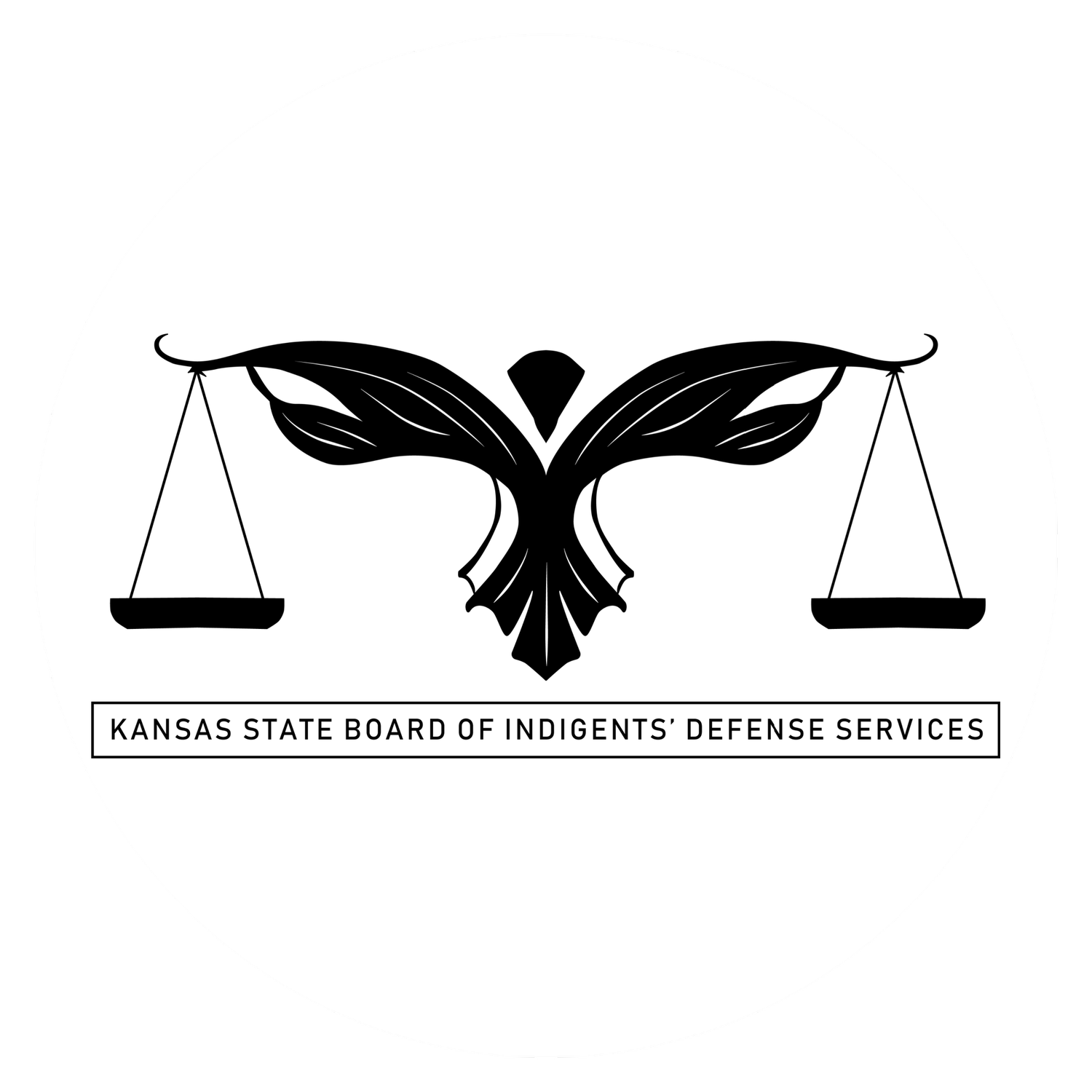Capital Defender Peter Conley Teaches At National Forensic College for Second Year
by Meryl Carver-Allmond, BIDS Training Director
For the second summer in a row, Peter Conley, Senior Assistant Capital Defender, was invited to be a panelist at the National Association of Criminal Defense Lawyers/Cardozo Law National Forensic College in New York. The Forensic College is a week-long seminar where some of the best forensic science brains in the country come together to learn how to use and challenge forensic evidence in defending their clients.
Per Peter, his panel this summer talked about “a pretty nerdy issue that has to do with discussing some outdated ideas of pattern matching arguments in fingerprint and firearm mark cases.”
If that sounds a bit technical, that’s because it is. But Peter’s interest in pattern matching and, indeed, his passion for forensic science in general, started when he found himself in the same position that many of us have found ourselves in – he was working on a case with firearms evidence that he needed to discredit in order to win.
“The PCAST [President’s Council of Advisors on Science and Technology’s Forensics Report] had shown that ballistics evidence wasn’t reliable, but I knew that wasn’t going to be enough to win,” Peter said. So he started researching and looking for experts, which led to other experts and studies, and eventually to a place where he felt like he could show why the state’s evidence didn’t hold up.
“A lot of times in our cases we’re fighting an uphill battle against the evidence, but this is an issue where we get to be 100% right – pattern matching can only go so far. They’re all based on a ‘theory’ that is circular, subjective, and not provable,” Peter explained. “The ballistics ‘experts’ have really duped everyone into thinking they can do much more than they actually can.”
On his way to figuring out how to help his client, Peter made a lot of new friends. “There’s a big community of forensics nerds out there, and a lot of them are PDs. They all just want to help each other.”
While Peter was happy to talk about how his interest in pattern matching developed, he also stressed that, as a capital defender, he has the privilege of time and the duty to leave no stone unturned in his cases.
“Doing capital work, you get to deep dive into your cases – the issues, mitigation, investigation, developing relationships with your client and their families – and you really get to present each case at its highest level.”
“But you can’t do this job unless you are eager to take nothing for granted. Some attorneys would look at a firearm issue, see a ‘match’, and stop. I’ve done that in the past. You can’t do that in a capital case. Your work will be, and should be, second-guessed for the rest of your life, and you have to be able to swallow your ego enough to be okay with that.”
After the Daubert hearing in Peter’s case – which his team won, by the way – the expert that they used insisted on putting him in touch with the national conference, and he has continued to strengthen those ties from there. As Peter emphasized, “None of it would have happened without being willing to call up strangers and ask for help.”

